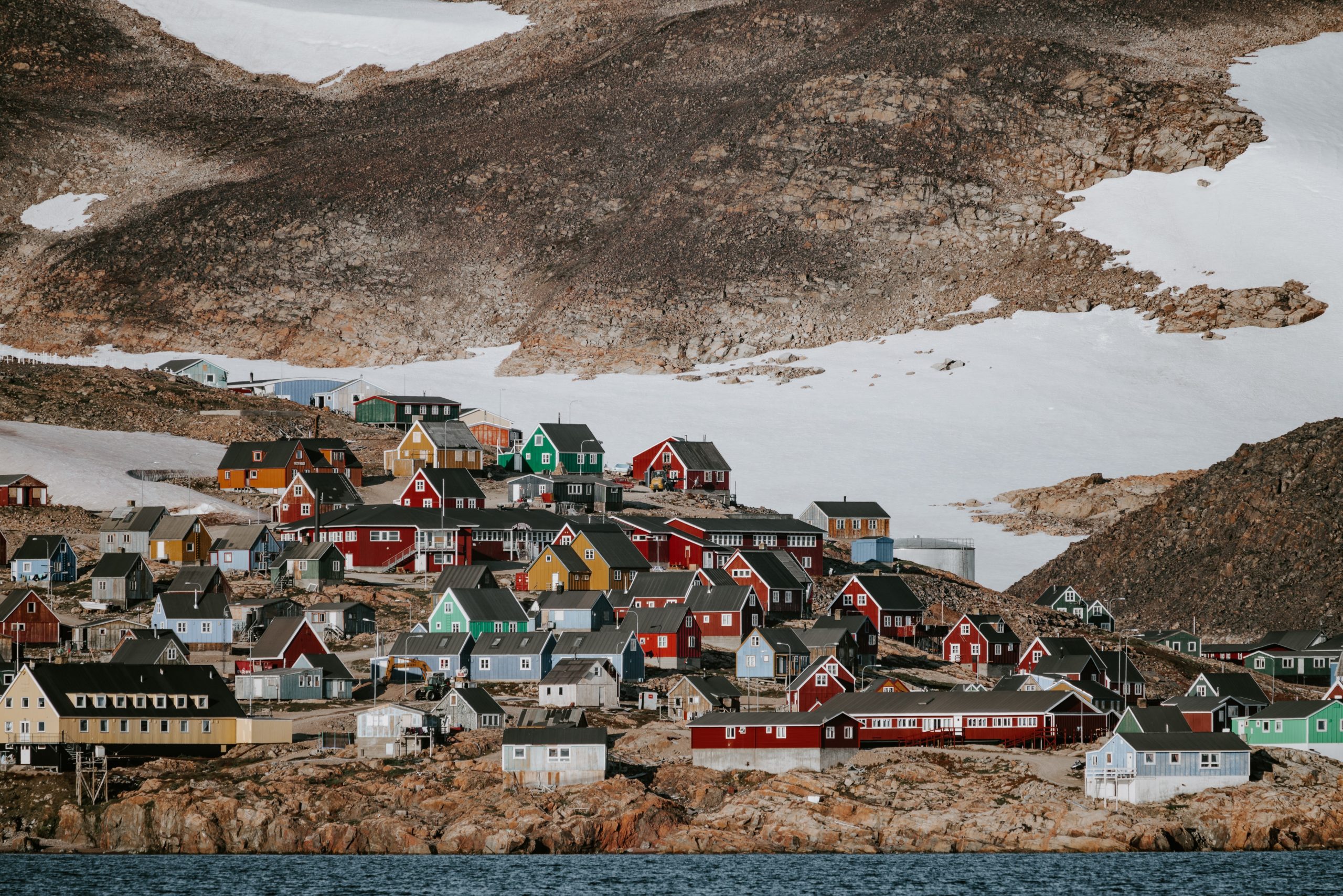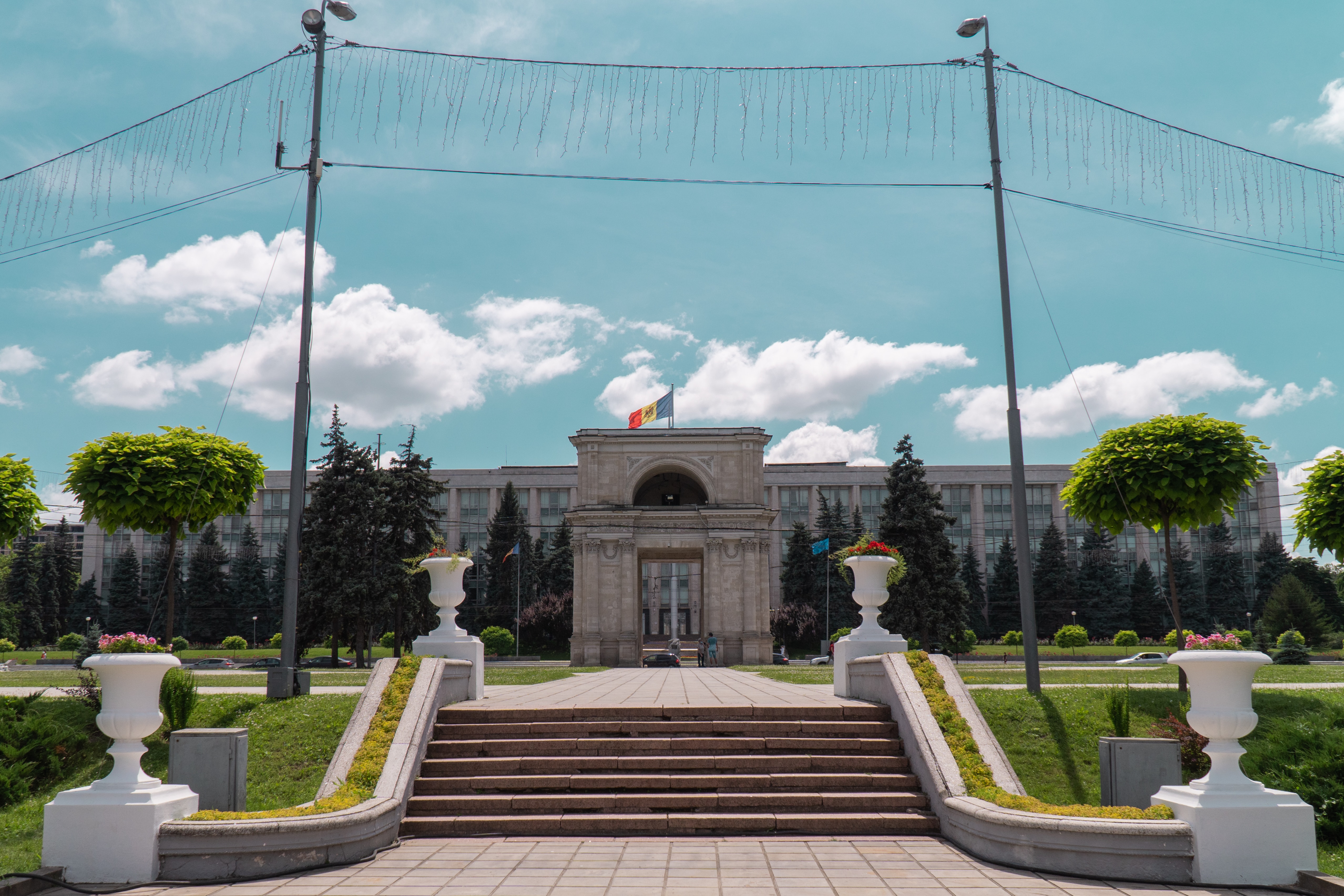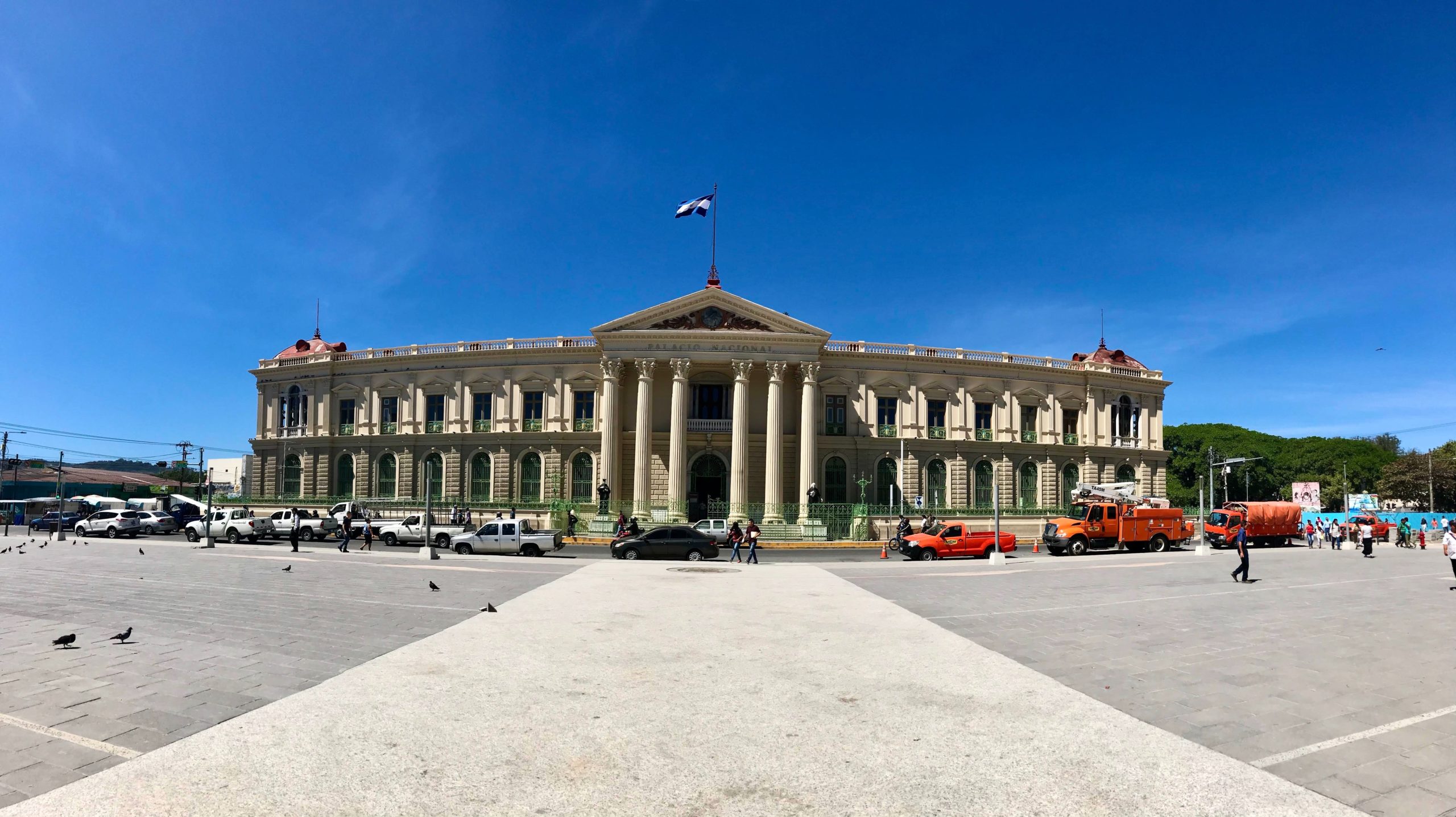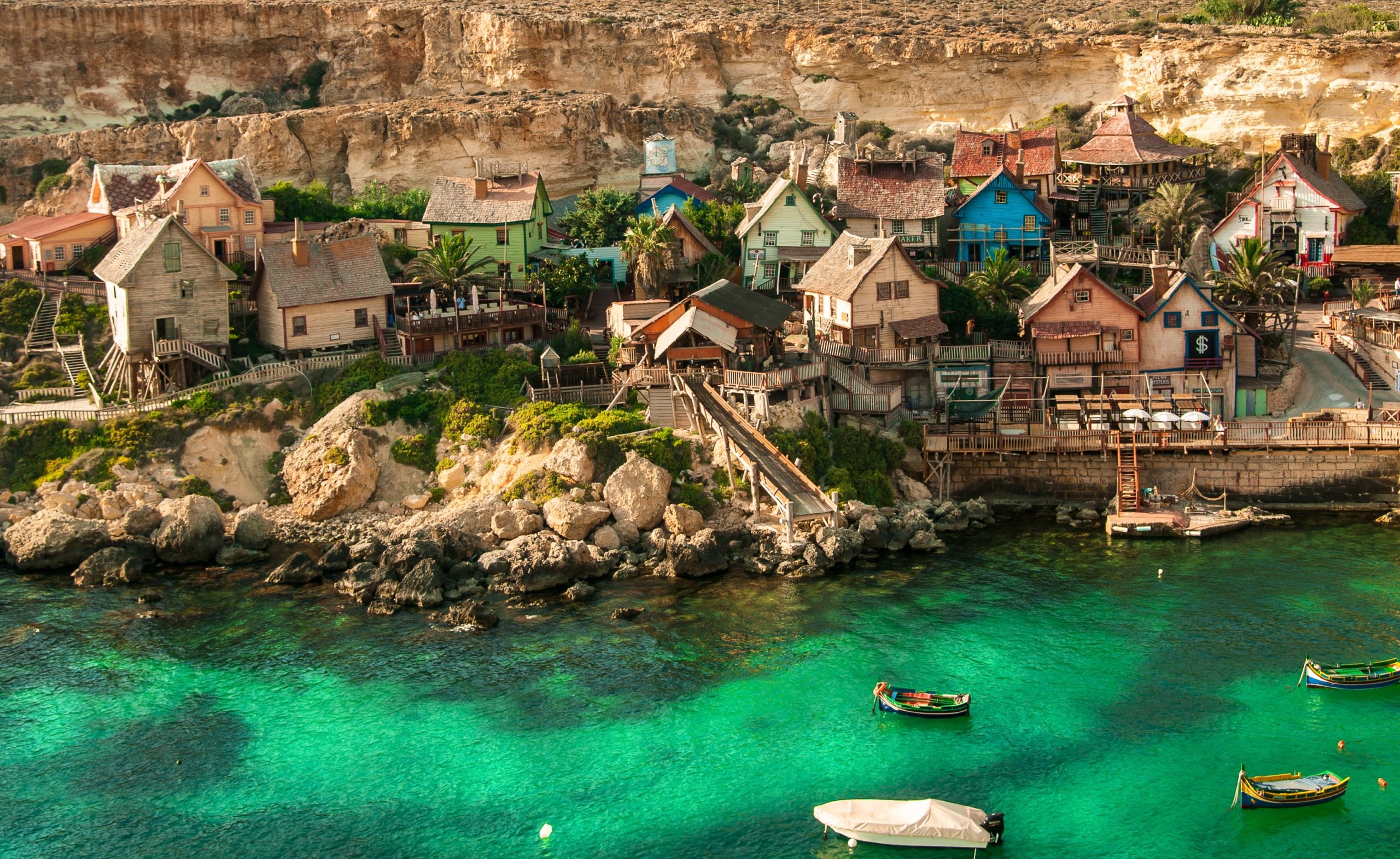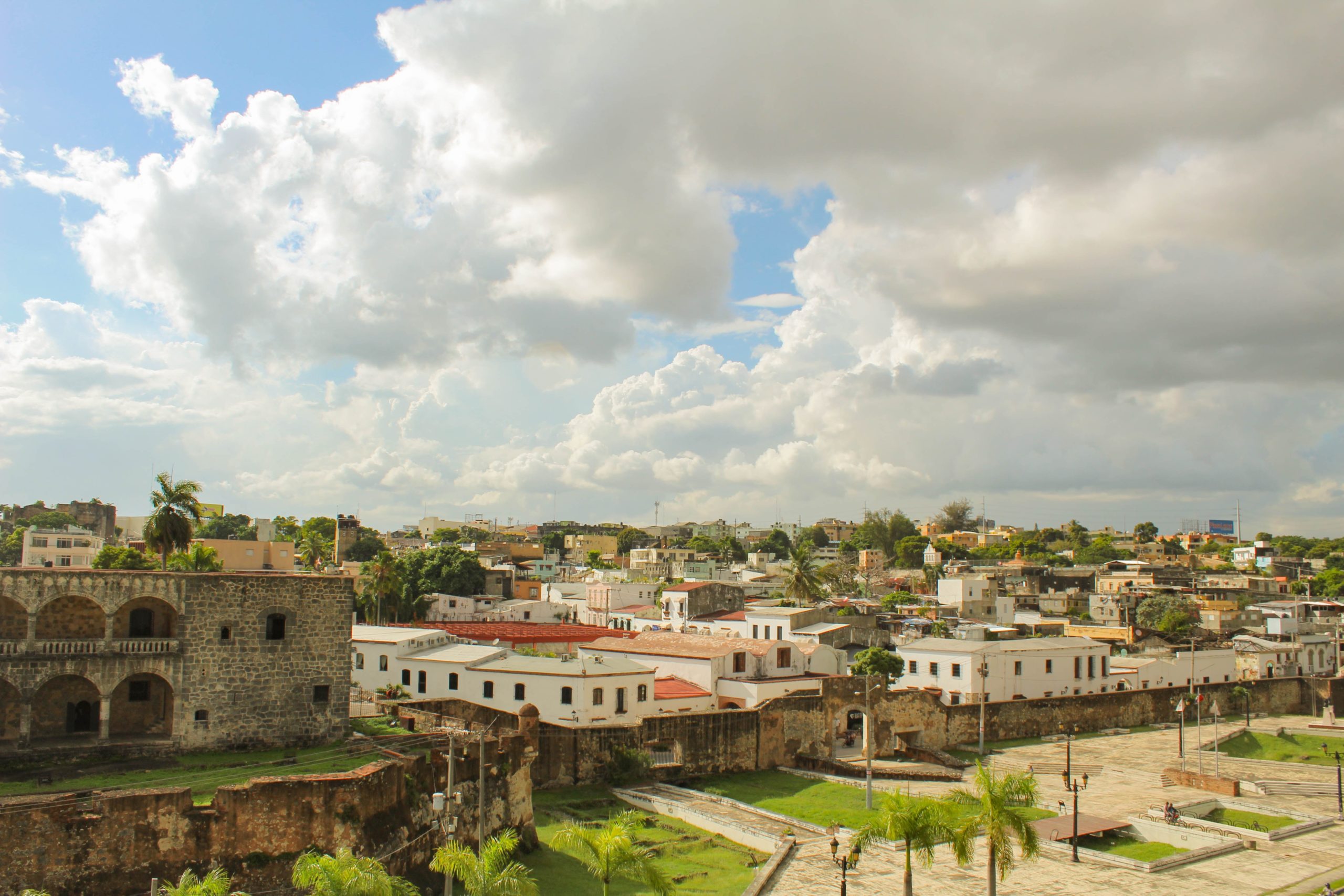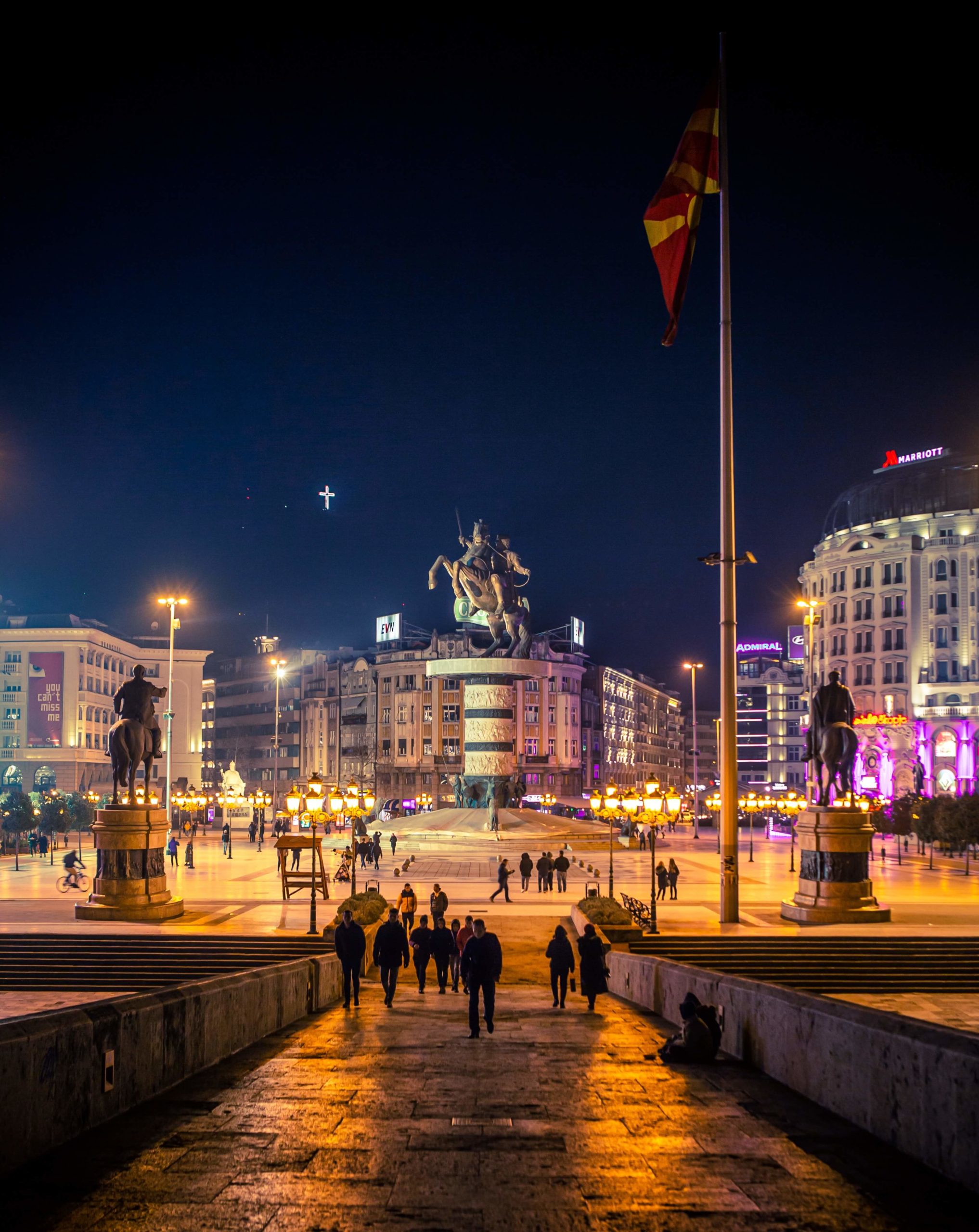The full official name of the state is the Democratic Republic of East Timor-Leste or simply Timor-Leste. The country is located in the eastern half of the island of Timor and the neighboring islands of Atauro and Jaco and is part of Southeast Asia. The capital is the city of Dili. The name comes from the word “Timur”, which in Indonesian and Malay means “east”, “lete” is a Portuguese word that also means “east”. East Timor is one of the most modern countries in terms of the date of its creation. From the 16th century until 1975, the country was under the occupation of Portugal, and then, having gained independence immediately lost it and became the 27th province of Indonesia. East Timor gained sovereignty only in the 21st century, on 20 May 2002, with the support of the United Nations. Despite the serious negative consequences of centuries-old colonization, the country has great prospects for development.
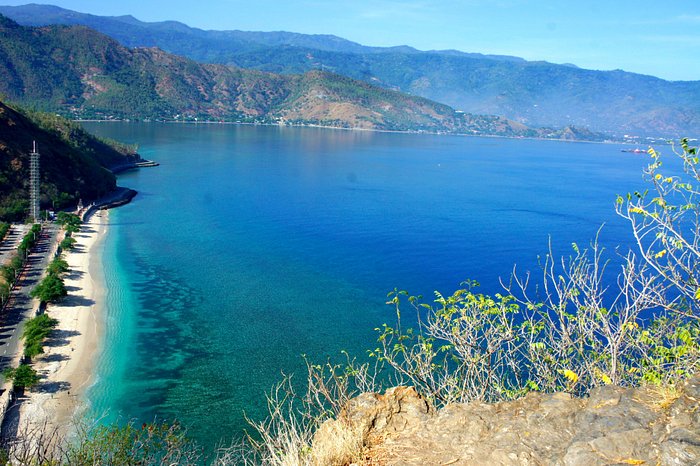
State structure and political system of East Timor
East Timor is a unitary democratic republic. Administrative division – 13 districts. Largest cities: Dili, Baucau, Likika.
The highest legislative body, the national parliament, has broad powers. Consists of 88 deputies, including the prime minister and members of the government. The main powers of the executive branch are concentrated in the hands of the prime minister, who is appointed by the president on the proposal of the parliamentary majority.
The head of state is the president (currently Shanana Gusmão), who is directly elected for a term of 5 years. By the Constitution, he is the symbol and guarantor of national unity, independence, and the existence of effective democratic institutions, as well as the supreme commander of the defense forces of East Timor. The President of the Parliament is Francisco Gutierrez. Prime Minister – Marie Alkatiri.
Timor Leste Economy
East Timor belongs to the group of the most backward states in Asia and Africa. GDP $ 228 million, GDP per capita $ 304 (1999 estimate). Unemployment is 70%. Inflation approx. 3%.
The economy is based on agriculture, of which St. 80% of the population. The main products are coffee (up to 10 thousand tons are produced annually), maize, and rice. Fishing and woodworking are poorly developed.
There are no railways. Length of motor roads approx. 4 thousand km. A rather active expansion of the road network began. Work is underway to deepen the port of Dili, the country’s main sea terminal. There are airports in Dili and Baucau.
Domestic trade (wholesale and retail) and the hotel industry and catering provide approx. 11% of GDP (1998) Tourism does not have a noticeable development.
After the transfer of control to the UN Interim Administration, the country existed thanks to large external financial support, carried out both within the framework of the international donor club and on a bilateral basis. Largest donor countries: Japan, USA, Australia.
The social and economic policy of the government is determined by the goals of the national development plan, medium-term financial targets, and the annual budget agreed with international donor agencies, bilateral partners, and foreign non-governmental organizations.
The state budget (US $ 92 million) was formed at the expense of external revenues. Capital expenditures were negligible. About 56% of all government spending was spent on developing the education system and supporting economic activity.
The main hopes for the formation of an economically secure state are associated with the expected start of revenues in 2005 from the joint production of hydrocarbons from the Timor depression with Australia. The estimated profit of St. is $ 7 billion over 20 years. In May 2002, an agreement was signed with Australia.
The standard of living of the population is extremely low. 2/3 of the population lives below the official poverty line.
Foreign trade (1998, million US dollars): 190, export 55, imports 135. Export – coffee, sandalwood, import – food, vehicles, construction equipment.
How to open a company in East Timor
To open a company in East Timor, you should consider the following information:
- the allowed number of directors is at least 1 (resident);
- the allowed number of shareholders is at least 1 (no residency requirements);
- there are no requirements for the minimum authorized capital, but it is advisable to deposit an amount of at least 5,000 US dollars;
- any company with a registered capital of more than $ 50,000 must be registered as a Joint Stock Company;
- obligatory annual filing of financial statements and audit of the company’s audit;
- a permit to do business in East Timor must be obtained;
- a secretary is optional.
The documents
To successfully register a business in East Timor, the following documents are required:
- company charter and memorandum of association;
- The ID of all shareholders;
- confirmation of legal residence in East Timor, at least one administrator (work visa/residence permit);
- confirmation of the presence of the local office address of the company.
- The company registration period is at least 1 month.
Taxation of East Timor
Before registering a company in Timor Leste, we recommend that you familiarize yourself with the taxation of the jurisdiction. We draw your attention to the following types of existing taxes:
- Corporate tax – 20%;
- VAT – 10%;
- Dividends – 0%.


